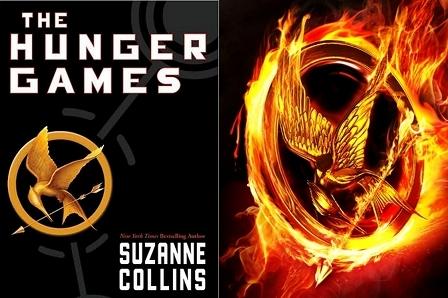This week, I fulfilled my journalistic duties by reading The Hunger Games by Suzanne Collins. A lot of hype has surrounded the book recently—thanks to the premier of the movie—and I was curious to see whether or not the book met the expectations set for it.
It did not.
Don’t get me wrong—The Hunger Games is a solid book and definitely one of those stories you struggle to put it down, but it falls short of what I have heard about it.
For those unaware, The Hunger Games is about a futuristic society that hosts an annual competition—the Hunger Games—in which 24 children are thrown into an arena and forced to fight until only one remains.
The story is violent at times—especially towards the end of the competition, when the competitors are desperate to kill and end the competition—but the fact that the story is targeted towards children—I’d say 14 and up—keeps the book from ever truly delving into the pain and gore of the arena and from fully developing the book’s political themes. Don’t get me wrong—the book is not a fairy tale, but it won’t send you to bed crying either.
This “softer” take on the competition also has its share of negatives—don’t read The Hunger Games and expect your worldview to change dramatically—but that “softer” take is ultimately what makes the book such a fast read and prevents it from carrying the weight of more heartbreaking, deeper works you might be exposed to in class.
Ultimately, I do think you should read the book—at the very least so you can know what it’s about before you see it in theatres.


